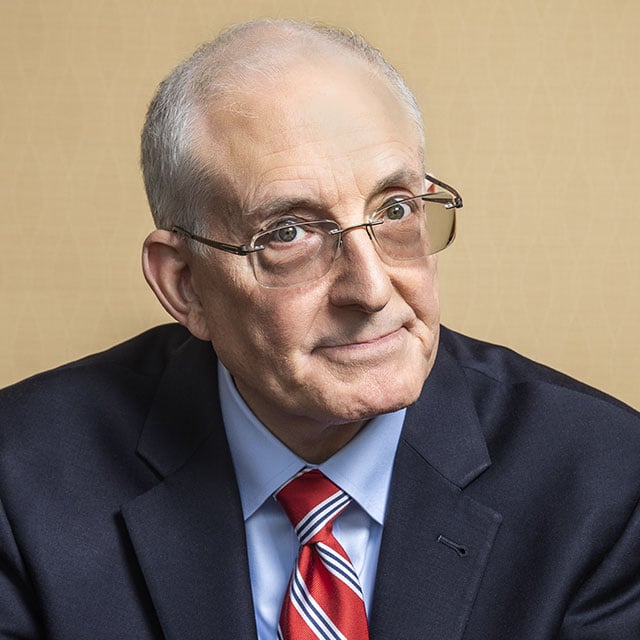Falcon
NOT FOR REPRINT
10 Tax-Smart Charitable Strategies for Your High-Net-Worth Clients
Slideshow May 17, 2023 at 11:21 AM
Share & Print
Despite confronting ongoing uncertainty about the health of the global economy, affluent families and individuals have continued to give to charities at an impressive rate over the last few years. In fact, nearly 90% of affluent households continued to give to their preferred charities between 2020 and the present — and they have bolstered giving to historic levels. At the same time, many wealthy individuals and families may have received a larger tax bill for 2022 than expected, and they are looking to advisors for guidance on how to reduce their future tax exposure and maximize their charitable impact over time. These were among the main takeaways of a webinar hosted this week by the team at Schwab Charitable, an independent 501(c)(3) public charity with a mission to increase charitable giving in the U.S. by providing a tax-smart and actionable giving solution to donors and their investment advisors. The webinar featured Carly Greenfield, senior manager of business development for Schwab Charitable, and Eric Joranson, senior manager in the charitable strategies group. According to the duo, clients in the high-net-worth and ultra-high-net-worth arenas highly value advisors who can deliver tax-effective ways to support their philanthropic goals. Greenfield and Joranson said clients with charitable goals see tax-efficient giving as one of the most important sources of value their advisors deliver, both during the wealth accumulation and legacy planning phases of the relationship. The pair also pointed out that 2023 represents a uniquely powerful moment for tax-smart charitable giving, thanks to the confluence of a number of big trends. On the one hand, the significant equity market losses seen in 2022 and 2023 mean many clients are seeking to utilize tax-loss harvesting and other techniques, such as Roth conversions, to blunt some of the pain by lowering future anticipated tax bills. According to Greenfield and Joranson, such strategies can often be coordinated with charitable giving in a way that complements both goals. On the other hand, persistent inflation and high interest rates in 2023 have driven up costs and hurt charities. Many causes are in serious need of added ongoing support, and as a result, taking an efficient, tax-smart approach to maximizing donor impact has never been more important. Ultimately, the Schwab Charitable leaders emphasize, the pace and scale of giving remains tremendous, despite the fact that 2022 was the worst year for U.S. stock markets since 2008. For their part, clients with Schwab Charitable donor-advised fund accounts granted a record $4.7 billion to charity last year, a 7% increase over 2021. See the slideshow for key insights about timely tax-smart charitable strategies that can help your clients potentially reduce their taxes and increase their giving power. From the growing use of donor-advised funds to the accelerating utilization of "bunch contributions," there's a lot to consider. (Image: Adobe Stock)
NOT FOR REPRINT
© Touchpoint Markets, All Rights Reserved. Request academic re-use from www.copyright.com. All other uses, submit a request to [email protected]. For more inforrmation visit Asset & Logo Licensing.
Featured Resources
View All
Sponsored by Axos Advisor Services
Integrated Banking Solutions: How To Enhance Client Services and Grow Your Business

Sponsored by Optifino
Three Macro Trends Impacting Long-Term Care: Trends, Solutions & Client Conversations

Sponsored by Vanilla
The Missing Piece: Why Advisors Who Skip Estate Planning are Failing Their Clients







